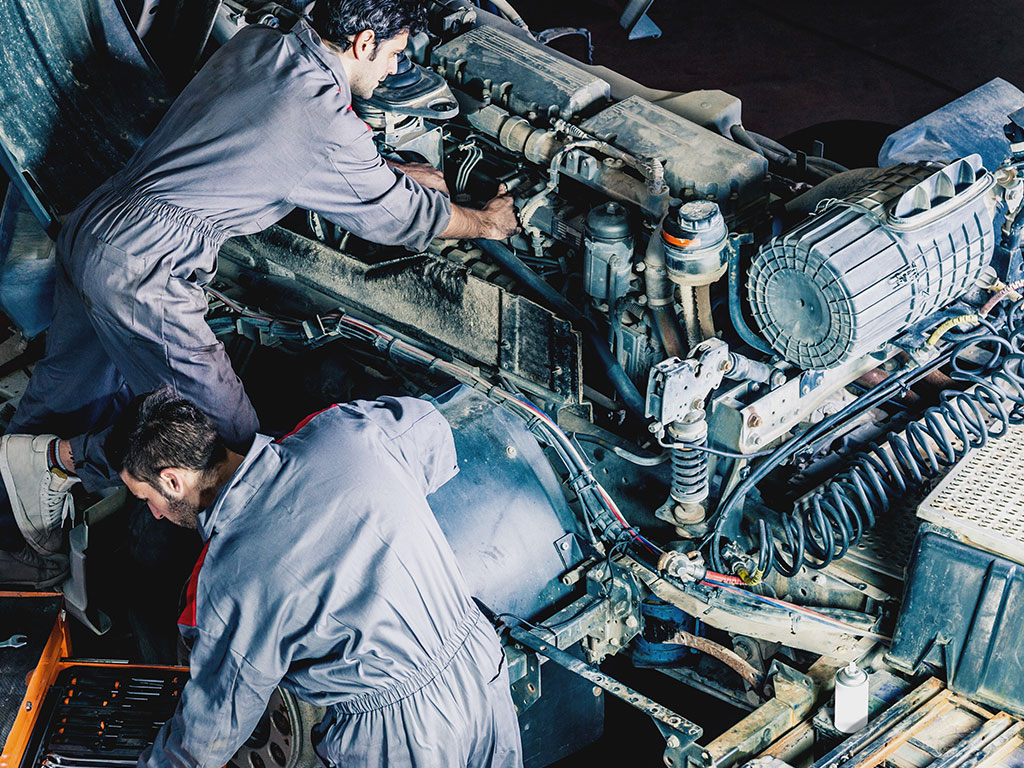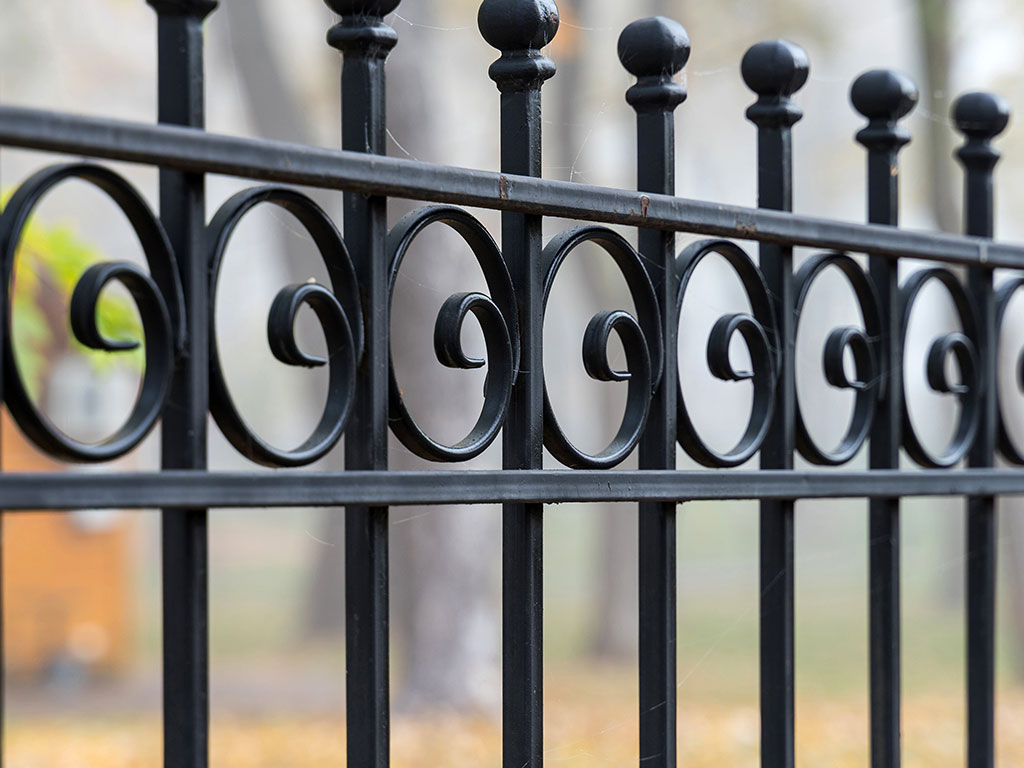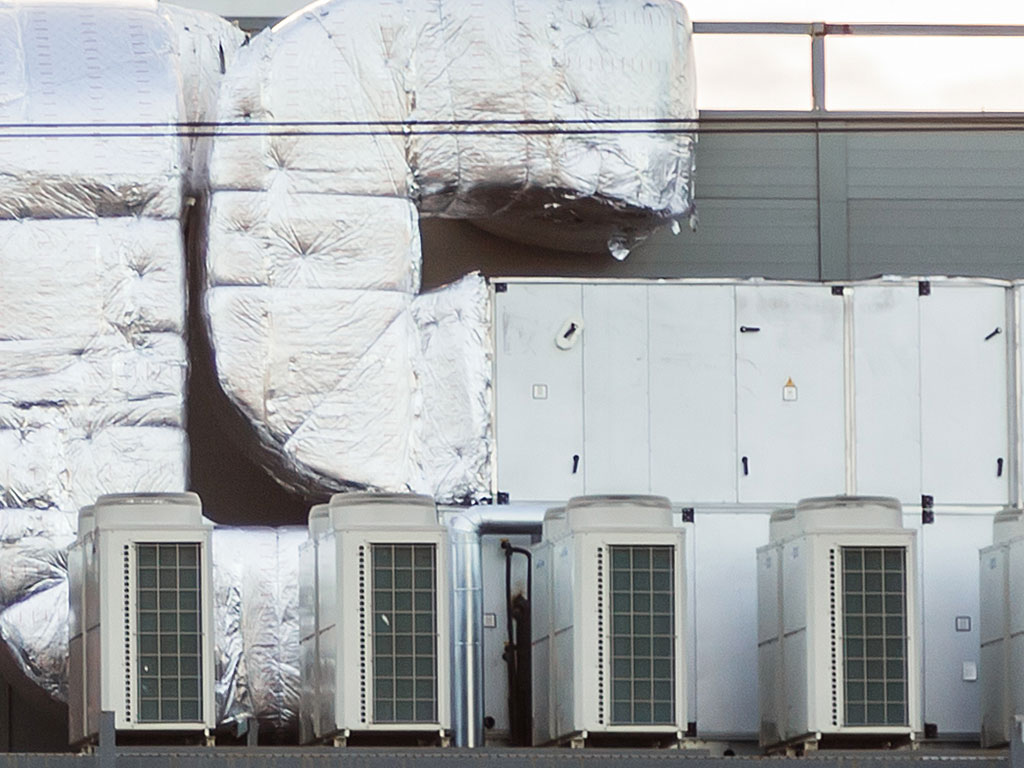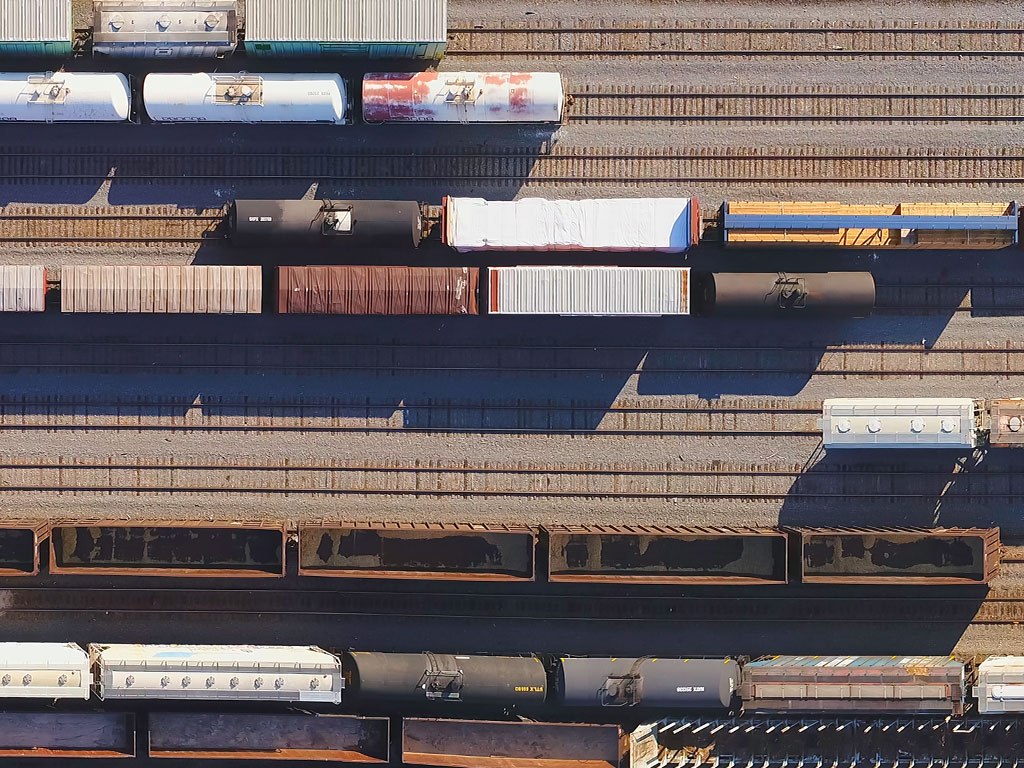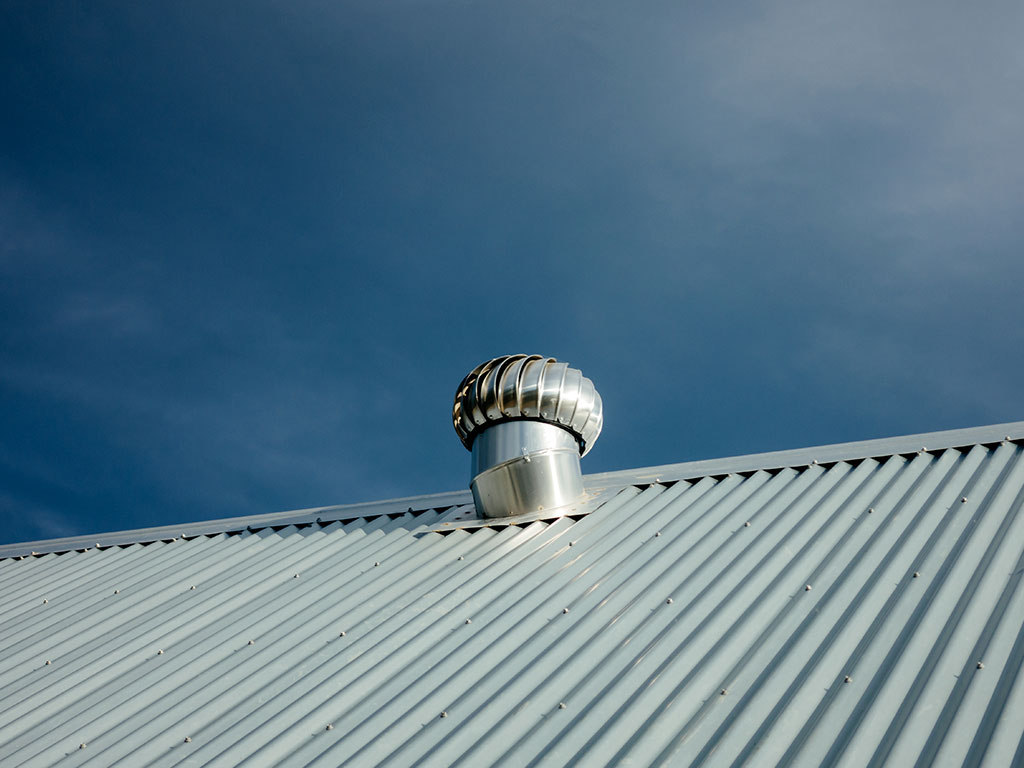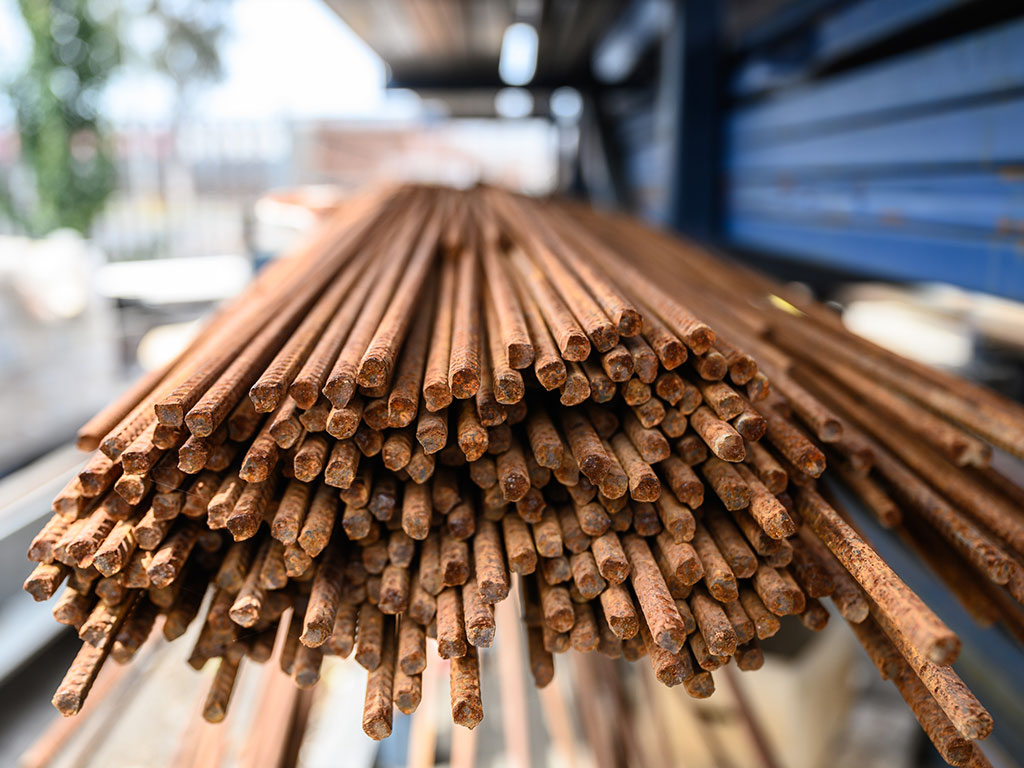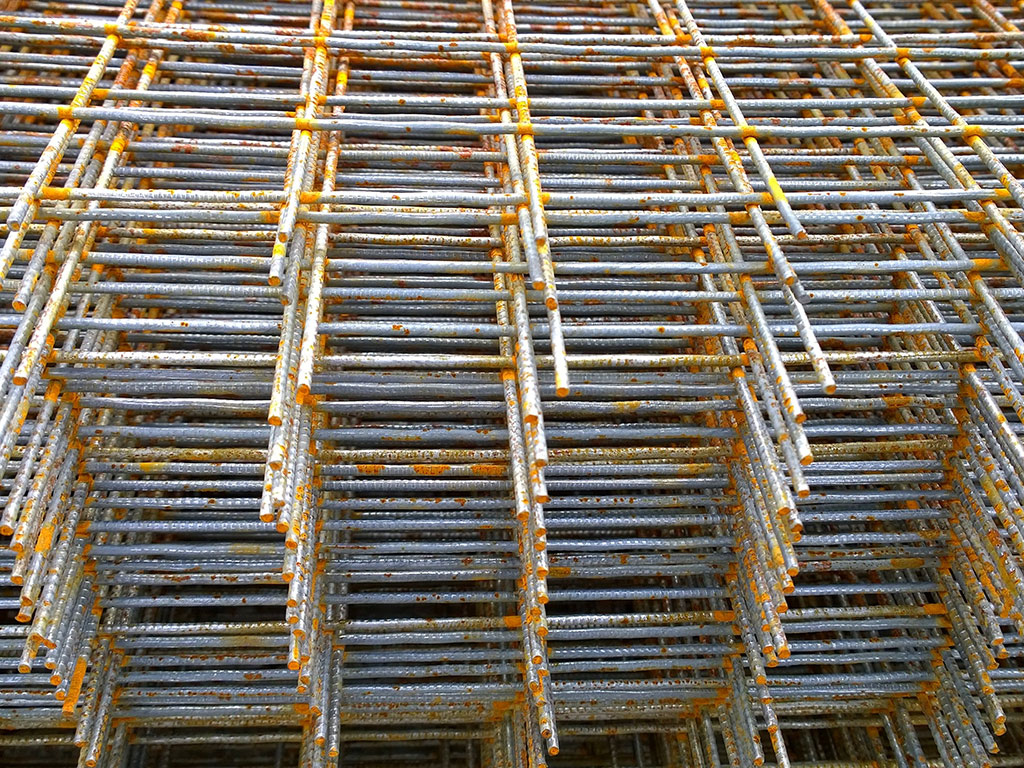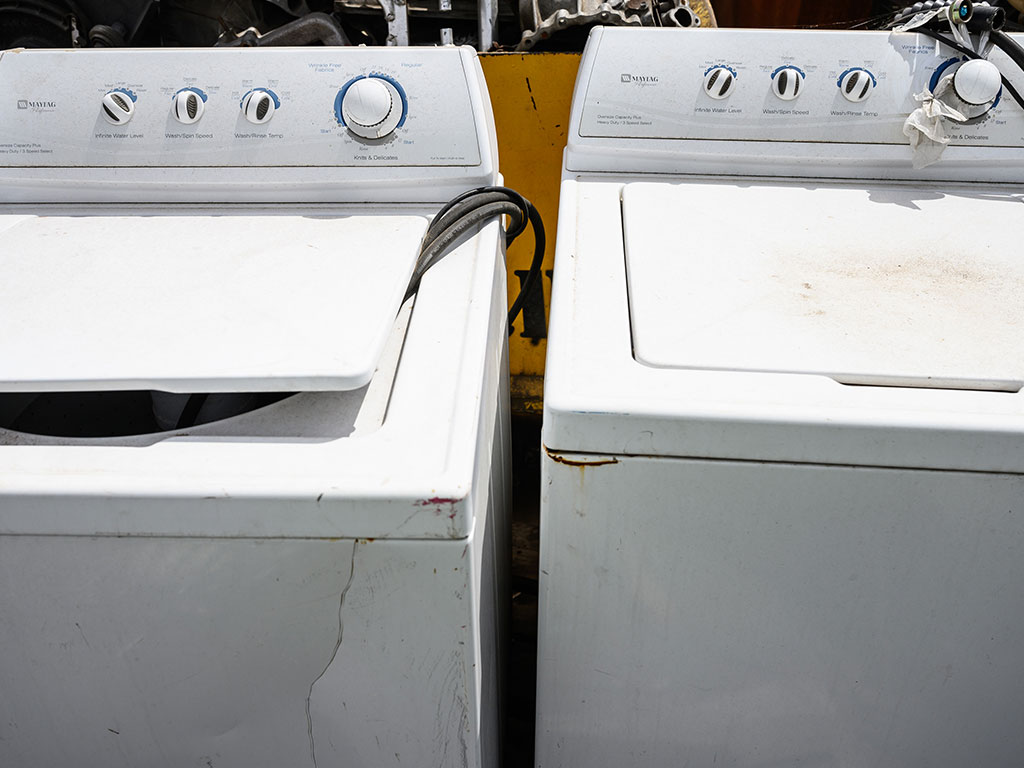What are ferrous metals?
In short, ferrous metals contain iron and non-ferrous metals do not. The more in-depth answer is that ferrous metals and non-ferrous metals each have their own distinctive properties, giving each advantages and preferred uses.
Non-ferrous metals have been used since the beginning of civilization. Copper was discovered in 5,000 BC marking the end of the Stone Age and the beginning of the Copper Age. Bronze is an alloy of copper and tin, and this invention started the Bronze Age. Using ferrous metals started in around 1,200 BC when iron production started and this begun the Iron Age.
Ferrous metals have a high carbon content which generally makes them vulnerable to rust when exposed to moisture. There are two exceptions to this rule: wrought iron resists rust due to its purity, and stainless steel is protected from rust by the presence of chromium.
Most ferrous metals are magnetic, making them useful for automotive and electrical applications. Using ferrous metals in your refrigerator door allows you to pin your shopping list on it with a magnet.
Common ferrous metals include alloy steel, carbon steel, cast iron and wrought iron, and are known for their strength and durability. Civil construction uses Carbon Steel (structure steel) and we now find it in many of the tallest city buildings and bridges around the world. Ferrous metals are also used in shipping containers, industrial piping, automobiles, railroad tracks, and many commercial and domestic tools.
Can ferrous metals be recycled?
Ferrous metals are able to be recycled, with steel being one of the most recycled materials in the world. Ferrous metals contain an appreciable percentage of iron, and the addition of carbon and other substances creates steel. Commonly recycled ferrous metals include mild steel, carbon steel, stainless steel, cast iron, and wrought iron.
What are the most commonly recycled items?
The most commonly recycled items are containers, cans, automobiles, appliances and construction materials. For example, in 2008, more than 97% of structural steel and 106% of automobiles were recycled. This was found when comparing the current steel consumption for each industry with the amount of recycled steel being produced. A typical appliance is about 75% steel by weight, and automobiles are about 65% steel and iron.
- Cars
- Trucks
- Buses
- Trains
- Trams
- Trucks
- Trailers
- Tell Beams
- Fabricated Steel
- Steel Whitegoods
- Steel Appliances
- Construction Materials
- Marine Steel
- Boats
- Steel Pillars
- Steel Cable
- Roofing & Fencing
Scrappy’s is proud to be one of the largest non-ferrous metal recycling yards in Melbourne. Our local recycling depot is conveniently located in Albion, right next to Sunshine and close to a number of Melbourne’s major western suburbs. In addition, our equipment, fleet of trucks and onsite equipment including a weighbridge for large loads means you get the best price for your scrap non-ferrous metal.


